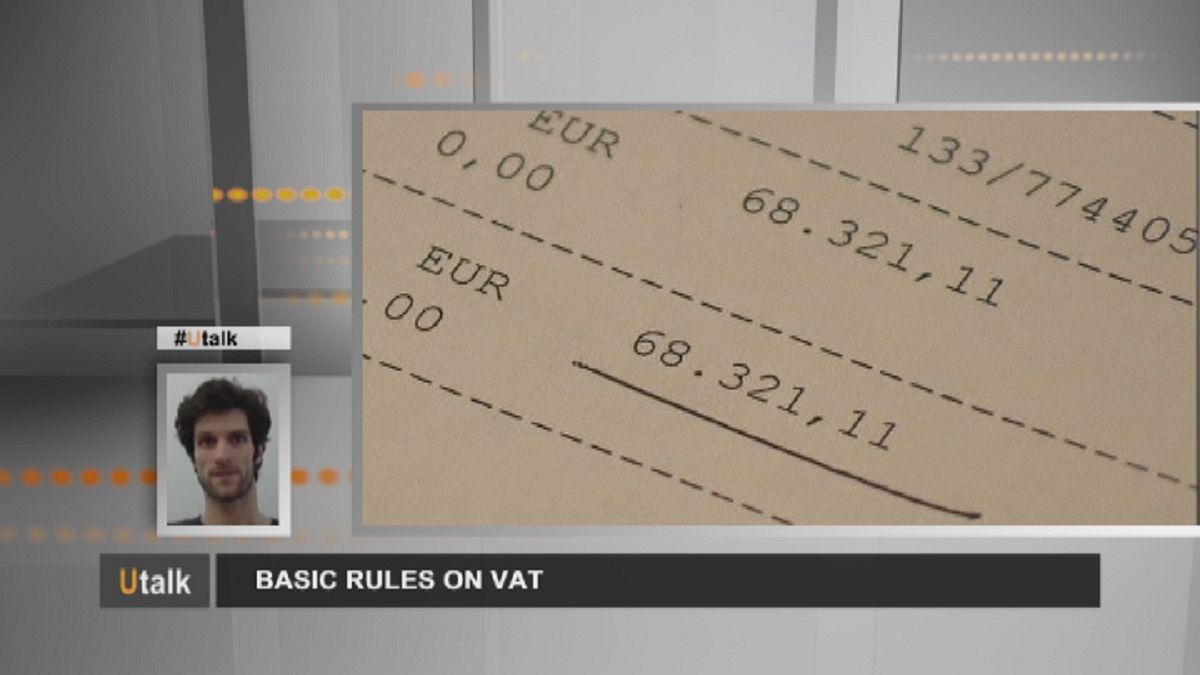We’re talking tax in this edition of Utalk. Petar in Sofia asks: “I am a small business owner in Bulgaria, providing both goods and services to customers. I would like to extend my business abroad in the EU, but I am not sure whether VAT is applicable or not. Could you help me?”
Jean-Baptiste Meert, a Senior Communication Officer with Europe Direct responds: “As a European Union-based company, VAT is chargeable on most of your sales and purchases, except exports to countries outside the EU. As a business supplying goods or services you must normally register with the tax authorities in the EU country where your business is established.
“When you sell goods or services, add the VAT to the price of the goods or services on your invoice. The customer pays you the full amount of the invoice, including the VAT. You must account for this to the tax authorities. If you sell goods or services to business clients in other Member States, you will not have to charge VAT but your business client is, in most cases, liable to pay the VAT in his own Member State.
“Similarly, when you are buying goods or services, you must also pay VAT as a customer. However, you can usually deduct that VAT from the VAT you charge your own customers. This means that you need to pay only the difference to the tax authorities, and report these amounts to them in your periodic VAT return.
“Sometimes, the VAT your business has paid exceeds the VAT that you have charged to your customers. If so, the tax authorities will reimburse or credit you with the difference.
“There are standard EU rules on VAT, but the detailed application of VAT may be different in each EU country. Although VAT is charged throughout the EU, each member country is responsible for setting its own rates.
Within each country, there is a standard rate, which applies to all or most supplies, and there may be one or more reduced rates – lower rates that apply to a limited variety of supplies.
“Finally, some important categories of goods or services, for example: educational, healthcare and financial services, are mostly exempt from VAT.
For more information on VAT registration and invoicing, as well VAT rates in the various EU countries, call 00 800 6 7 8 9 10 11 or check out the website: http://europa.eu/youreurope/business/vat-customs/buy-sell/index_en.htm
And if you would also like to ask a question on Utalk, click on the button below.


